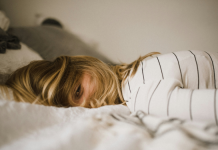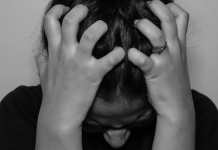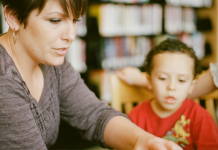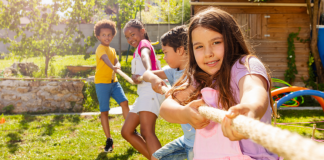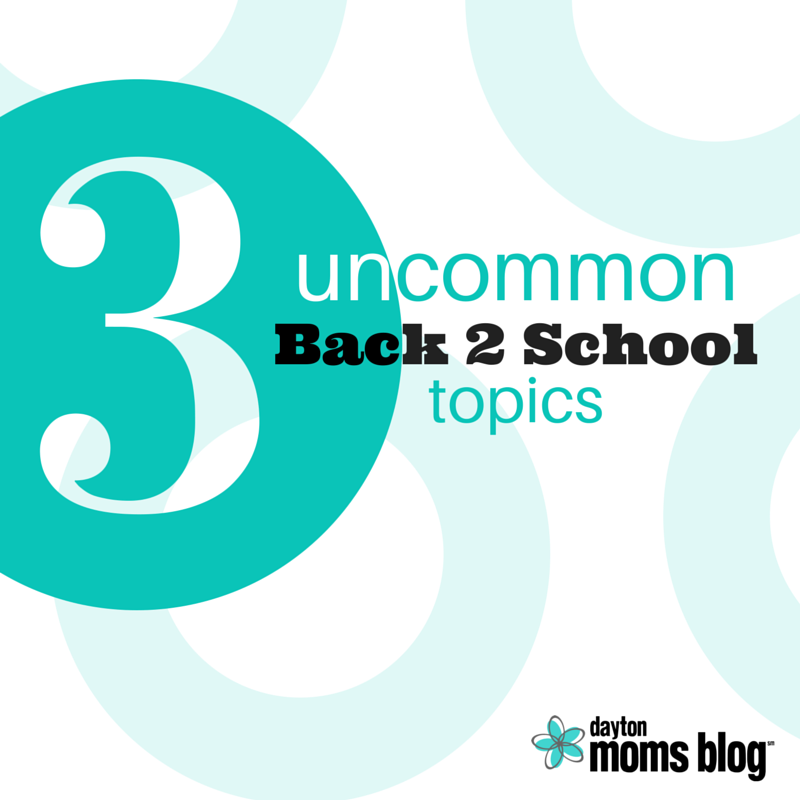 There are so many topics & conversations swirling the media for Back 2 School! Schedules, healthy lunches, savings for supplies & clothes, studies…the list goes on. But there are 3 topics that are less common: Medications, Vaccinations, & Lice. Today we are taking a moment to discuss a few key pieces of information you should know, on those specific topics.
There are so many topics & conversations swirling the media for Back 2 School! Schedules, healthy lunches, savings for supplies & clothes, studies…the list goes on. But there are 3 topics that are less common: Medications, Vaccinations, & Lice. Today we are taking a moment to discuss a few key pieces of information you should know, on those specific topics.
Your child’s medications — the school needs to know!
The school nurse and/or school secretary needs to know what medications your child takes — even if your child takes the medication only at home, the nurse should know in case of a medical need during school hours. If your child needs to take any drugs at school, they must be in the pharmacy bottle, clearly marked.
Any health problems should also be made known to the school. Allergies are a good example — there are so many allergies now to foods, plants, trees, beestings latex and many other substances. The school needs to know in advance.
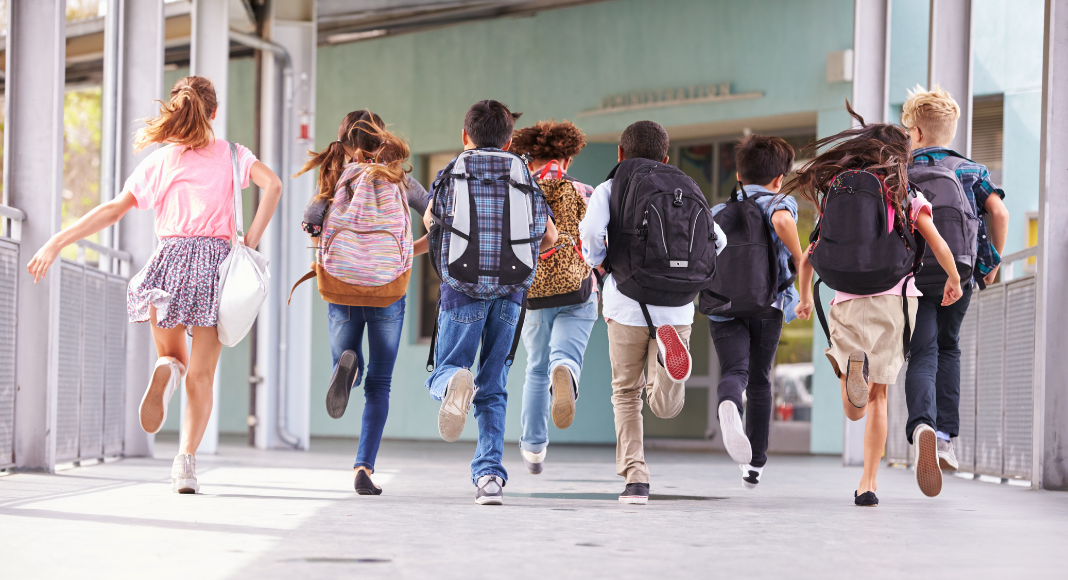
Make sure vaccines are up to date!
It’s vital to make sure your kids are up-to-date on their vaccines. Getting children all of the vaccines recommended by CDC’s immunization schedule is one of the most important things parents can do to protect their children’s health—and that of classmates and the community. Most schools require children to be current on vaccinations before enrolling to protect the health of all students.
To find the full vaccination schedule per the CDC visit ::
http://www.cdc.gov/vaccines/schedules/hcp/child-adolescent.html
Head Lice — an all-too-common issue
What are head lice? The head louse is a tiny parasitic insect that can be found on the head, eyebrows, and eyelashes of people.
Who is at risk for getting head lice? Head lice are spread by direct contact with the hair of an infested person. Anyone who comes in head-to-head contact with someone who already has head lice is at greatest risk. Spread by contact with clothing (such as hats, scarves, coats) or other personal items (such as combs, brushes, or towels) used by an infested person is uncommon. Head lice move by crawling; they cannot hop or fly. Personal hygiene or cleanliness in the home or school has nothing to do with getting head lice.
How is head lice infestation treated? Treatment requires using an over-the-counter (OTC) or prescription medication. It is best to have your child’s doctor confirm that they have lice and suggest an appropriate treatment based on their age. These medications are topical treatments, applied to the scalp, and washed off. Follow the directions as your provider gives them to you —
• Do not use different head lice drugs at the same time unless instructed to do so by your physician and pharmacist.
• Do not use extra amounts of any lice medication unless instructed to do so by your physician and pharmacist. The drugs used to treat lice are insecticides and can be dangerous if they are misused or overused.
Head lice do not survive long if they fall off a person and cannot feed. Simply machine wash the child’s bedding with hot water, wash hair brushes/combs in hot water, vacuum the floor and furniture the child has been on recently and place any stuffed animals and pillows in a sealed plastic bag for 2 weeks.
For more information you can visit http://www.cdc.gov/parasites/lice/head/index.html





